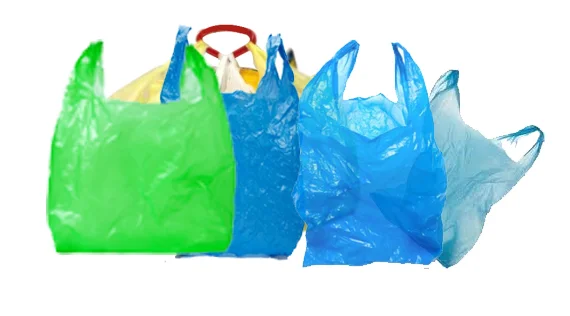
SEATTLE (Scrap Monster): A 10 percent green tax on single-use plastics, introduced by outgoing President Muhammadu Buhari in May 2023 as a part of his swan song from office was suspended by incoming President Tinubu in July 2023 almost as swiftly as it was introduced.
The suspension was received with distress by environmental groups. We too were initially disappointed by the government’s policy reversal and the explanation behind the decision: to protect business growth. Representing the interests of an emerging recovery and recycling sector in Lagos, this explanation seemed double-handed, as green taxes are a key tool to support the growth of the recycling industry.
However, when it comes to waste management policy, the track record of the Federal Government has been mixed. On the one hand, the government has been both receptive and progressive when it comes to embracing policy approaches that intend to reduce waste generation and improve collection and recycling rates. On the other hand, the enthusiasm to meet these goals is not always matched with the administrative grit to drive policy forward in a meaningful way.
An example is Extended Producer Responsibility (EPR). EPR is a regulation that requires producers of plastic packaging to pay for collection and recycling infrastructure, often through industry-run Producer Responsibility Organizations (PRO). EPR guidelines were introduced by the Nigerian Environmental Standards and Regulatory Enforcement Agency (NESREA) in 2014.
This immediately led well-known brands including Coca-Cola, Nigerian Breweries and Unilever to set up a PRO, called the Food and Beverage Recycling Association (FBRA). However, to this day the plastics EPR regime in Nigeria does not have statutory characteristics, so of more than 1000 plastic producers in Nigeria, only 31 companies have registered with and pay into FBRA.
This is devastating for the environment as the fewer contributors to FBRA, the less resources are available to invest in collection and recycling capacity. The fact that the guidelines are not enforced across all plastics companies also acts as a deterrent for deeper private sector investment into recycling.
The Federal Plastics Management Policy, which was published in 2020, is another example where the government introduced an ambitious agenda to address the monumental challenge of plastic waste in Nigeria. The policy has set targets to eliminate single-use plastic bags and Styrofoam by 2028 and to ensure that all plastic packaging in the market is recyclable or biodegradable by 2030.
We are extremely supportive of these goals; however, we are not aware of steps the government has taken to assure that regulators and the market are ready to meet targets, leading us to wonder how these objectives can be constructively met on time.
Courtesy: www.businessday.ng



| Copper Scrap View All | |
| Alternator | 0.32 (0) |
| #1 Copper Bare Bright | 3.60 (-0.03) |
| Aluminum Scrap View All | |
| 356 Aluminum Wheels (Clean) | 0.72 (0) |
| 6061 Extrusions | 0.63 (0) |
| Steel Scrap View All | |
| #1 Bundle | 460.00 (0) |
| #1 Busheling | 480.00 (0) |
| Electronics Scrap View All | |